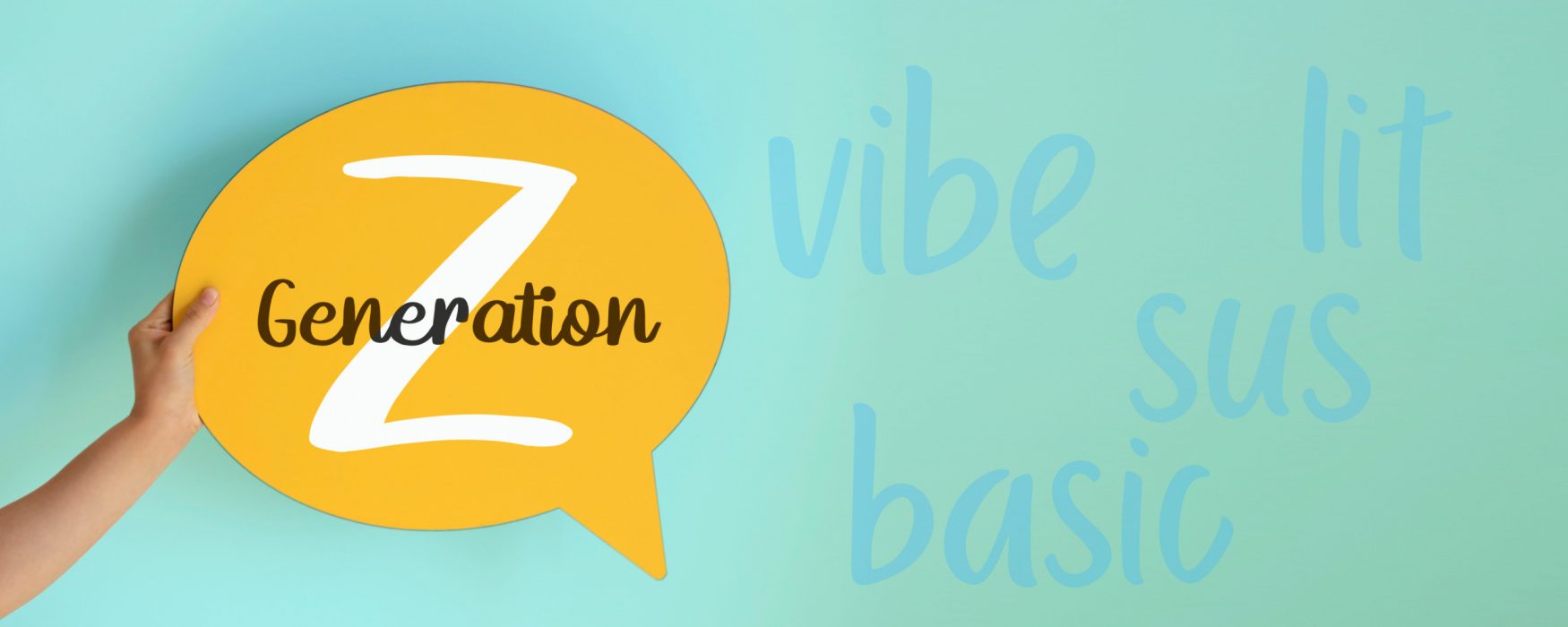
By Heather Nezich, courtesy of SBAM-approved partner, ASE
If you have a teenager in your home, you’ve likely heard many of their terms….and maybe had to ask them what it means or secretly google it. This year, Gen Z will turn anywhere from 11 to 26 years old. This means many of them are now bringing their slang to the workplace.
Gen Z is slated to make up over 60% of the workforce in the next decade, so it’s important to be able to understand and communicate effectively with this generation. A Preply survey found that 30% of Gen Z uses slang in every conversation, compared to only 5% of Boomers.
In addition, 90% of Gen Z young Americans have had to explain the meaning of a slang term to someone, and 62% of Boomers have had to ask a younger person to define a slang term for them.
So, to help, EBN (benefitnews.com) recently published some of the most common Gen Z terms and their definitions as described by their very own Gen Z expert:
- “Vibe” – Referring to the atmosphere or overall sentiment they have for the subject they’re talking about.
Example: “I like the vibe of our team.”
- “No cap” – Emphasizing the truth behind a statement, no matter how outrageous it may sound.
Example: “He forgot to turn his audio off when he went to the bathroom, no cap.”
- “Bet” – Accepting a challenge or responding to an assigned task.
Example: “Could you update the spreadsheet?” “Bet.”
- “Lit” – Expressing excitement over something, or as an adjective for whether an event is supposed to be fun or not.
Example: “The ASE conference is going to be lit.”
- “Basic” – Describing something that is lackluster in nature or boring. Most commonly used as a mild-mannered insult.
Example: “I didn’t like her PowerPoint presentation — it was so basic!”
- “Sus” – An abbreviation of “suspicious;” playfully referring to behavior or activity Gen Z considers to be abnormal.
Example: “They called an emergency manager’s meeting. That’s sus.”
- “Bro” – The noun could be both friendly or serious, depending on the context of a situation.
Example: “Thanks, bro!” or “Can you believe my deadline is tomorrow? Bro.”
- “Slay” – Referring to something impressive. Differs from ‘lit’ in the sense that ‘slay’ could apply to more than just an event; it could be in response to outfits, actions, or life updates.
Example: “I finally signed that client I’ve been working on.” “Slay!” or “He slayed that presentation, bro.”
- “Cancel” – To stop giving support to a person, place, or thing, whether because it’s problematic or simply because they no longer want to.
Example: “Only offering an unsustainable 401(k) option is canceled.” Or “After that offensive comment, he is going to be cancelled.”
- “Fire” – Referring to something they enjoyed a lot. Often interchangeable with “lit.”
Example: “That corporate lunch was fire.”
So now you are prepared for that next Gen Z hire – or if you have a soon to be teenager!